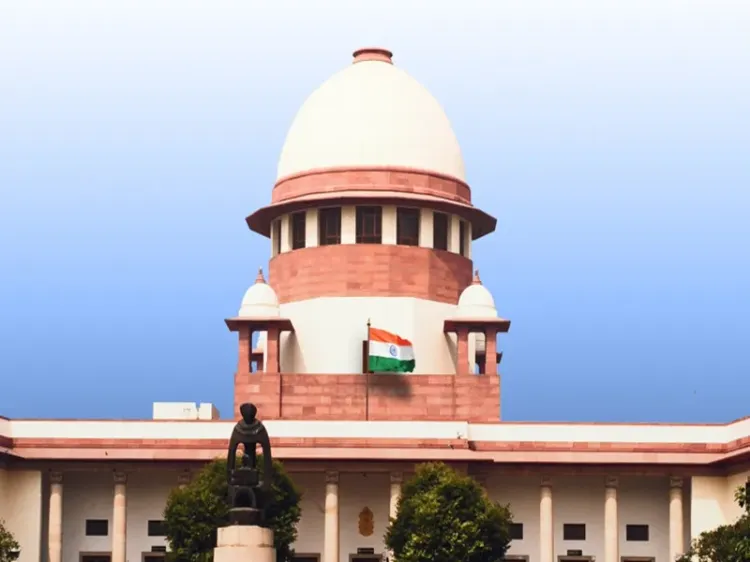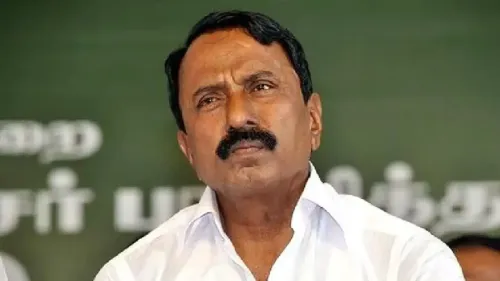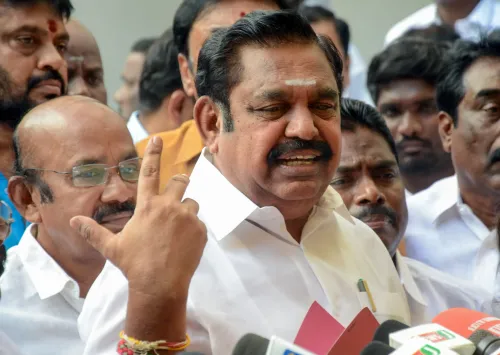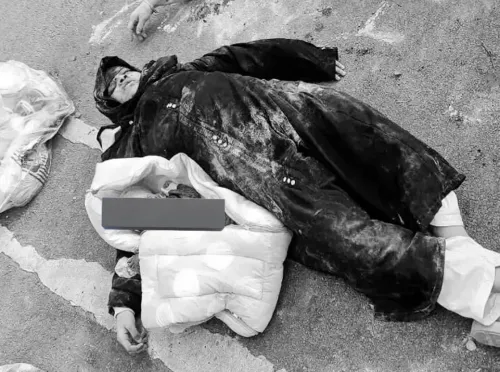Supreme Court Prolongs Tenure of Justice Gita Mittal's Committee Until July 31

Synopsis
Key Takeaways
- Supreme Court extends committee tenure to July 31.
- Panel comprises three prominent woman judges.
- Tasked with monitoring violence against women in Manipur.
- Empowered to direct compensation payments to victims.
- Requires bi-weekly reports to the apex court.
New Delhi, March 17 (NationPress) The Supreme Court has extended the duration of the committee appointed to address gender violence during the sectarian conflict in Manipur until July 31. This committee, led by former Chief Justice Gita Mittal of the Jammu & Kashmir High Court, includes retired judge Shalini Phansalkar Joshi from the Bombay High Court and Asha Menon, a former judge of the Delhi High Court. Their role involves gathering information on violence against women in Manipur, overseeing conditions at relief camps, and determining compensation for victims.
Additionally, the Justice Mittal-led panel is responsible for administering compensation and restitution to those affected by violence. The Supreme Court has granted this committee the authority to direct the state government to resolve compensation claims for damages to both movable and immovable properties of those impacted by the violence.
The committee is required to submit an updated status report to the apex court every two weeks.
A bench led by former Chief Justice D.Y. Chandrachud emphasized that the aim of such a committee is to restore community trust and confidence in the justice system, alongside ensuring the reinstatement of the rule of law.
The Supreme Court has expressed its concern regarding the severe sexual violence inflicted on women during the unrest in Manipur, stating that "subjecting women to sexual crimes and violence is utterly intolerable and represents a serious breach of constitutional principles such as dignity, personal liberty, and autonomy, all safeguarded as fundamental rights under Part III of the Constitution."
The apex court highlighted the state's duty to prevent individuals from committing such despicable acts against women and to protect them from violence.
The Supreme Court took suo moto cognizance of distressing viral footage showing two tribal women being paraded naked and sexually assaulted in the strife-torn Manipur. Subsequently, these two women approached the court, alleging that the Manipur Police collaborated with the mob to facilitate their victimization. The apex court criticized the Manipur Police for their "tardy" investigation, noting significant delays between the occurrence of heinous crimes such as murder and rape and the filing of FIRs.
Instead of forming a Special Investigation Team (SIT), the court appointed Dattatray Padsalgikar, a former IPS officer, to oversee the investigation. It also instructed the Chief Justice of Gauhati High Court to assign courts in Guwahati, Assam, for trials concerning cases of violence against women and children that have been transferred to the CBI by the Manipur government.
On Monday, the Supreme Court clarified that the trials for these cases will proceed in Guwahati.









